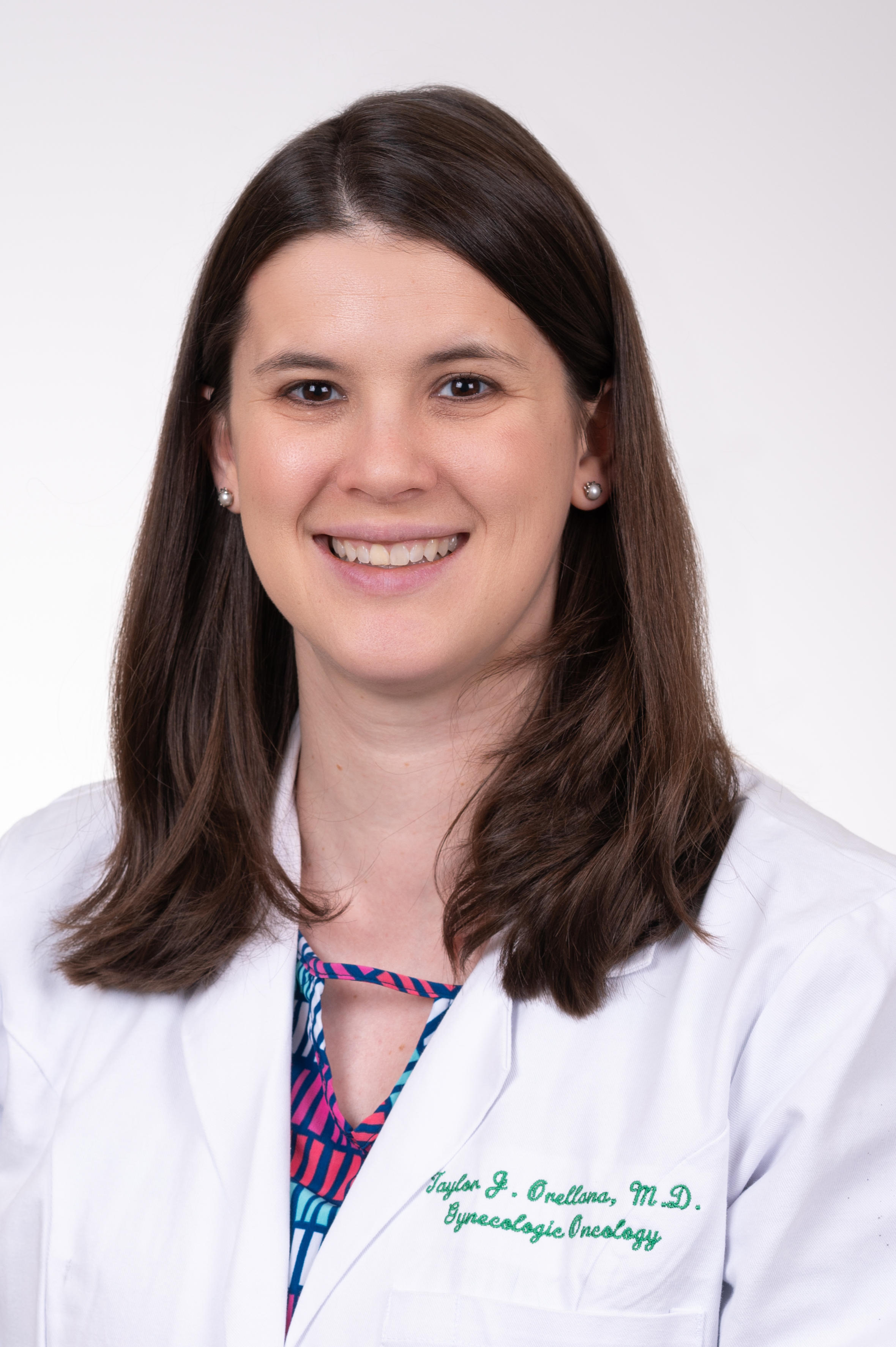
Brian Orr, MD, MS
- Gynecologic Cancer
- Gynecology Oncology
- Charleston, SC
- Okatie, SC
As an NCI-designated cancer center, Hollings is equipped to treat rare cancers that are less familiar to most doctors, including cancer in the vulva or vagina. These gynecologic cancers account for only 6% - 8% of all female reproductive system cancers.
Our multidisciplinary teams are led by gynecologic oncologists — doctors who specialize in cancers in the female reproductive system — and include radiation oncologists, gynecologic pathologists, advanced practice nurses who focus on women’s cancers, a nurse navigator dedicated to gynecologic cancer patients, social workers, a dietitian focused on cancer patients’ unique needs, psychological support services and more. Our team is committed to helping you to have the best outcome possible.

MUSC Hollings Cancer Center has been recognized as High Performing in Gynecologic Cancer Surgery in the 2025–2026 U.S. News & World Report rankings. This honor highlights our team's skill in executing complex gynecologic procedures with excellent outcomes.
Vulvar and vaginal cancer might not cause symptoms at first. Speak to your health care provider if you experience the following:
To refer a vulvar or vaginal cancer patient to Hollings, please call patient referral coordinator Morgan Krohn (843-985-0580). If you are a referring provider, please submit our GYN Oncology Referral Form.
You and your doctor will discuss the pros and cons of each option and decide on the best course of treatment for you. Our gynecologic cancer nurse navigators, Brooke Winkler, MSN, RN, at our Charleston area locations and Antonio Rivera, BSN, RN, OCN, at Tidelands, will help you understand what to expect during treatment and answer questions you may have.
As South Carolina’s only NCI-designated cancer center, Hollings offers you clinical trials and treatments that aren’t available anywhere else in the state. Learn more about clinical trials at Hollings and see our current gynecologic cancer clinical trials. By participating in a clinical trial, you may benefit from therapies that will one day be considered standard treatment.
Through our partnership with the Gynecologic Oncology Group and NRG Oncology, Hollings is also able to offer you additional opportunities to participate in national Phase III clinical trials specific to gynecologic cancers, providing access to cancer-fighting agents not yet available in regular practice
.
Contact us at 843-792-9300 to schedule an appointment with one of our gynecologic cancer specialists.



Infection with human papillomavirus (HPV) is a risk factor for developing vulvar or vaginal cancer. HPV is a common virus that will infect most people at some point. Most of the time, the infection clears up. But in some cases, high-risk forms of HPV will stick around and eventually cause cancer. HPV infection can cause six types of cancer: cervical, penile, vaginal, vulvar, anal and oropharyngeal (throat) cancer.
There is a vaccine against HPV that can protect against developing these cancers. The HPV vaccine is recommended for both boys and girls at ages 11 and 12, and people can get catchup vaccines through age 26. People between the ages of 27 and 45 can talk to their doctors about whether to get the vaccine.
Other risk factors for vulvar and vaginal cancers include:

The HPV vaccine can prevent six types of cancer in both men and women, including vulvar and vaginal cancer. The HPV vaccine is typically given to children, but people up to the age of 45 may be eligible. Talk with your doctor for more information.